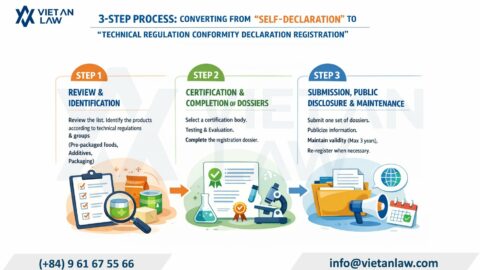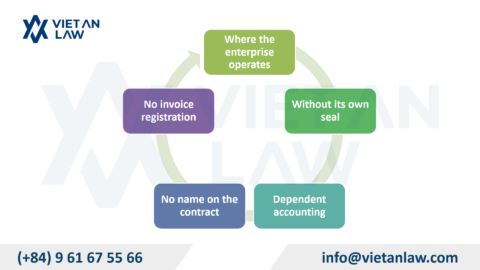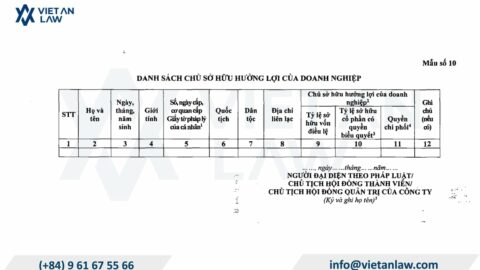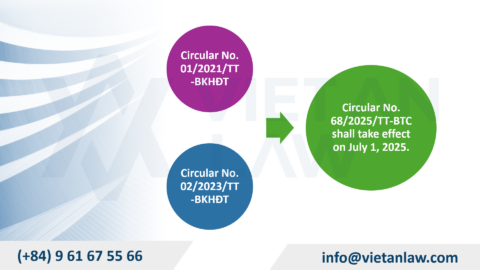Currently, numerous trademarks originating from Vietnam have been registered and protected in Thailand to expand business and enhance brand recognition in the international market. Ensuring the protection of these trademarks require owners to comply with the legal framework in Thailand, including the timely renewal of their trademark registration certificates. In this article below, Viet An Law will provide a specific insight of renewal process for trademark registration certificates in Thailand, including the duration of protection, renewal timeline, procedural requirements, and applicable fees. Additionally, a comparative analysis with the corresponding regulations in Vietnam is provided to highlight key differences.

Table of contents
Duration of trademark protection is stipulated to safeguard the exclusive rights of trademark owners concerning the use of their registered goods or services. In Thailand, a regustered trademark is protected for a period of 10 years from the date of application and can be renewed indefinitely, in every 10 years. This is the same compared to the regulatory practices of many other jurisdictions, including Vietnam.
Renewing the trademark registration certificate is a crucial procedure to preserve the legal rights of the trademark owner. Failure to renew the trademark within the prescribed timeframe may result in the loss of rights to that trademark, thereby creating opportunities for third parties to exploit or unlawfully use the trademark.
In Thailand, trademark owners must submit the renewal application within 90 days prior to the expiration of the trademark. This timeframe is set to ensure sufficient opportunity for the authorities to review and process the application efficiently. In the case where the owner fail to meet this deadline, Thailand’s law permits late submission within six months following the expiration date. However, late renewal will incur an additional surcharge.
The defined and flexible renewal timeline in Thailand supports trademark owners with an extended opportunity to maintain their trademark rights. However, late submission is not recommended due to the potential for additional costs and the risk of loss of protection.
Before submitting a renewal application, it is important to prepare a complete and accurate dossier. The typical renewal application dossier in Thailand includes:
Once the dossier is complete, the renewal procedure comprises the following steps:
Typically, the processing time for a trademark renewal application in Thailand ranges from one to two months, starting from the date on which a complete and valid dossier is submitted. However, this timeframe may vary depending on the workload of the DIP and the completeness level of the application documents.
Renewal fees in Thailand include:
As fees may vary over time and according to current TDIP regulations, trademark owners should verify the applicable rates in advance to ensure timely and accurate payment.
Both Vietnam and Thailand comply with international intellectual property treaties such as the Paris Convention and the Madrid Agreement. As a result, their trademark protection frameworks share several similarities. However, differences due to the sovereign nature of their respective legal systems. Key distinctions include:
Trademark Application Scope:
Opposition Period:
Renewal Application Period:
Understanding the renewal procedures and requirements under Thai law is essential for the effective protection of Vietnamese trademarks registered in Thailand. Any concerns regarding this article or requiring further legal assistance, please contact Viet An Law firm for professional support.




